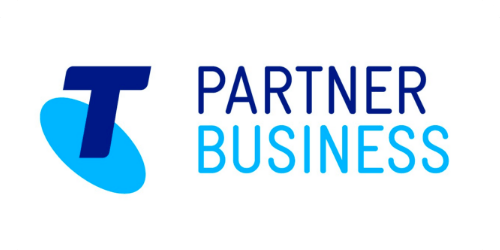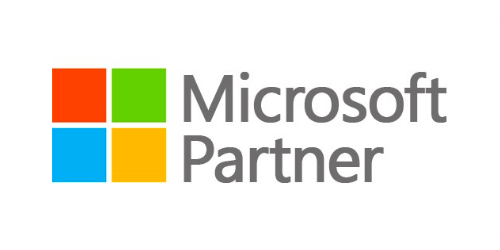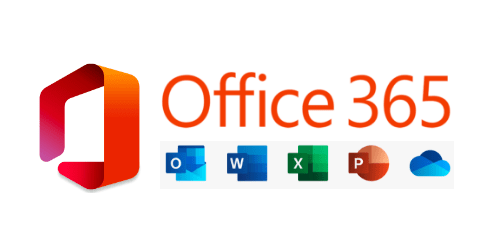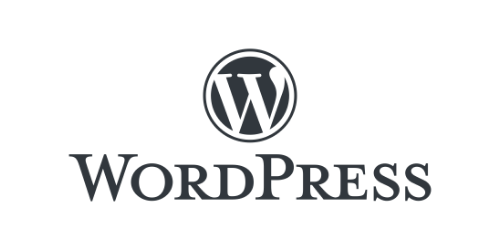Search Engine Optimisation
Search engine optimisation (SEO) should be considered and planned before your website has been built.
SEO relies on more than just keywords. The internal linking structure of your website, the domain name you choose, even the way images are tagged and coded within your layout, can all contribute to and effect your search engine ranking.
WWW.ART Design Services maximise your business' presence in search engines like Google, Bing and Yahoo, increasing the percentage of your business gained from having a web presence.
We submit your website to the three major search engines Google, Bing and Yahoo as well as setup Google Webmaster Tools and Analytics to help achieve your desired results.
Improve the effectiveness of your website
There is a lot you can do to increase traffic to your website.




